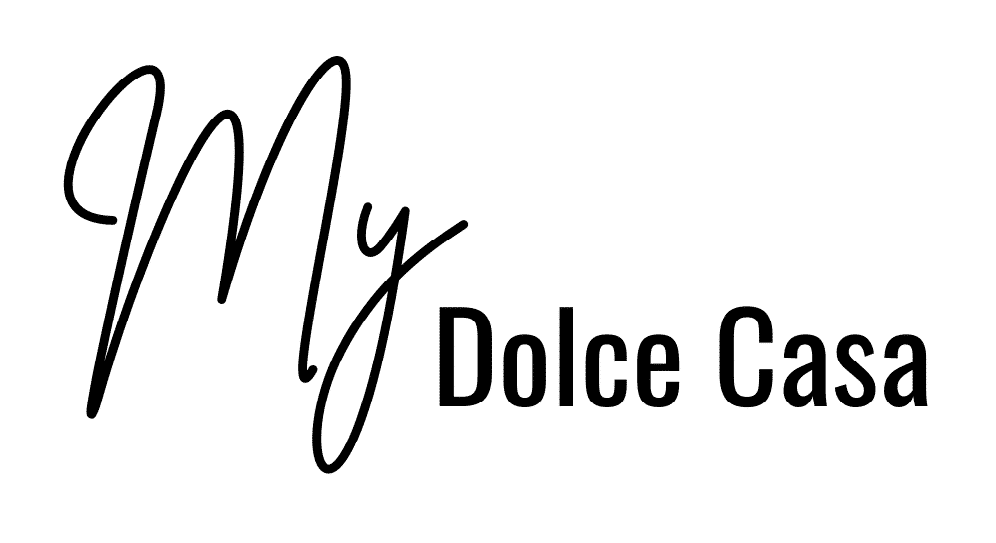France is one of the most popular places in the world with Americans to live either for a short time or permanently. The American Embassy in Paris estimates that there are about 150,000 Americans currently living in France.
Given that the exchange rate for US dollar to Euro is the highest it has been for many years, the idea of buying a home in France has become more enticing than ever.
Because home prices in numerous locations in France are low, many Americans are cash buyers. On the other hand, for those hoping to invest in French property by borrowing a part of the money, the big question is “Can you get a mortgage in France as a US citizen?”
The brief answer to this fundamental question is that yes, it is possible for Americans to get a mortgage in France, but it can be rather difficult. Here we explain why.

Why are mortgages in France difficult to obtain?
In 2014, the Foreign Account Tax Compliance Act – known as the FATCA – which is part of the US tax code was introduced as a measure to guard against tax evasion. Since then, French banks have found it extremely costly to comply with the Act and thus many banks no longer guarantee mortgages for Americans.
When you find a bank in France that offers mortgages to US citizens, there are some preliminary things to keep in mind. Each application for a mortgage is independently assessed based on your financial profile and value of the loan. Thus, there is no guarantee that you will be approved. If you plan on taking out a mortgage to buy property in France, it is important to seek an agreement in principal for a mortgage before you begin your property search.
French law states that mortgages to buy a property in France can only be lent by French banks, so it will not be possible to get an international mortgage to buy French real estate. It is recommended to check updates and news on this topic frequently, as financial regulations are regularly reviewed.

Can an American open a French bank account?
A prerequisite to obtaining a mortgage from a French bank is to open a bank account in France. Since the implementation of FATCA, many French banks are reluctant to open accounts for US citizens. FATCA was designed to help prevent tax evasion by American residents living overseas and using foreign bank accounts.
If a foreign bank has an account for an American taxpayer, the bank is legally obliged to report this fact to the US tax office. As French banks find this procedure both time-consuming and expensive and because it comes with legal implications, many find it easier to decline requests by US citizens to open bank accounts with them. However, once you have legally settled in France with a registered address, you should be able to successfully open a bank account.
Residency and proof of a tie to France
If you find a French bank that is willing to extend you a loan, you are required to have the correct type of residency.
If you are planning to move to France for a longer period of time, it is advisable to speak with the French consulate nearest your home in the United States. They will advise you on visa requirements as you will most likely need to apply for permanent residency in France.
You will also have to apply for a visa if you are buying property in France as a second home. As a non-resident, you are only permitted to stay in France for a maximum of 90 days in every 180-day period.
The lender bank will also want to know about any family ties you have with people living in France and whether you have a work contract while you are in France.

Are you credit worthy?
Similar to the United States, this is a top question when applying for a bank loan in France. You will be asked to prove that you are credit worthy by providing bank statements for a specified period (usually six months), a work contract and a series of pay slips.
It is important to remember that if you currently have all of your money in the United States, it would be prudent to keep an eye on exchange rates as they do fluctuate and this can have a big impact when transferring large sums of money.
When providing copies of your bank statements, it is important to consider the cost of buying a house in France. These include legal fees (2.5-5%), Land Registry (.10%) and Real Estate Agency fees (1.5-5% plus VAT). It is likely that you will be required to take out insurance policies on the new property by the bank as a condition of the mortgage.
A downpayment deposit on the property is also required, which is typically a minimum of 20% of its value. This money must be paid before the completion of the property purchase.
What about tax?
The United States requires that all its citizens submit a tax return in the US, whether they live there or not. It is important that the correct information is given and this can get complicated as you will be required to complete tax returns in France too. We strongly recommend seeking advice from a certified tax accountant in your home country before making any decisions.
As soon as you arrive to live in France, you will be classified as a French tax resident. An important point is that there is a Tax Treaty between France and the United States, so most Americans living in France are exempt from double taxation.
If, however, you own real estate in France and rent it out as you are continuing to live in the United States, you could be liable to pay French tax on your earnings. It could prove very advantageous to seek advice from a tax specialist in France.

What are the steps for buying a house in France as an American?
- Ensure that you have applied for the correct residency visas. Consulting an immigration lawyer is recommended.
- Open a bank account and apply for a mortgage with a bank in France.
- Once your request for a mortgage has been approved in principal, you can begin your property search.
- When you have found a suitable home in an area that suits you, visit the property with an English-speaking real estate agent or someone who is bilingual so that you can ask all the important questions about the property and whether the vendor has all the correct paperwork for the property and exactly what is covered in the sale.
- Once your offer has been agreed, both parties must appoint a Notaire (it can be the same one) who will draw up the ‘Compromis de Vente’ which locks the vendor and buyer into a legal agreement. It also includes what work on the property must be completed before the sale.
- The deposit must be paid in full at this stage to your Notaire.
- Provide your Notaire with all the requested documents including a mortgage certificate.
- Shortly afterwards, you and the vendor must attend the Notaire’s office again to sign the ‘ Acte de Vente’ which is the contract of sale. At this point the outstanding balance of payment is arranged and the keys to the property will be given to you.
- Signatures will also be needed to transfer utilities for the property.
- Within three months, the copy of the purchase deeds will be sent to you, the new owner.
Certainly, it is not easy finding a bank that will open an account for American citizens and offer a mortgage – but it is possible. Shop around and book an appointment to open an account, as it will be a lengthy procedure.
As an American, you will be requested by the bank to complete a Form W9, which will include your U.S. taxpayer identification number (TIN). Your French bank will then report your TIN to the IRS as it is obligated to do so. Afterwards, they will be able to open your account and request to complete a mortgage application.
Property purchase in France is straightforward as long as you have all the necessary documents. Getting a mortgage to help fund your dream of owning a home in France is usually the most difficult step in the process.

